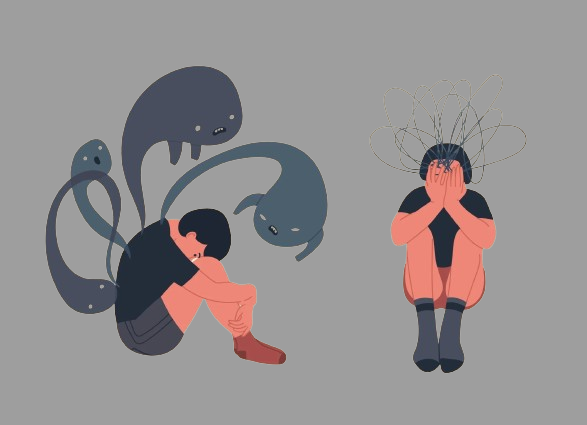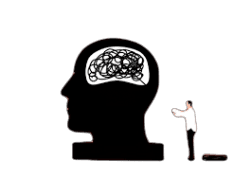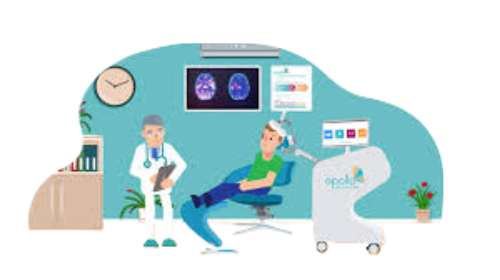Depression is a common and serious mental health condition of the individual effected by depression. It involves a comprehensive assessment by a health care professional, typically a psychiatrist or psychologist. This process is multifaceted, involving clinical interviews, a Standardized questionnaire, a physical examination, and consideration of the individual’s medical and family history.
This article provides a detailed look into the diagnostic process for depression, covering essential aspects, such as its type, symptoms and understanding of the methods and criteria used in clinical practices.
What is Depression?
Depression is a mental health disorder characterized by hopelessness, feeling of sadness, lack of interest in routine activities, and feeling of worthless, anxious and irritable mood. What is a complex condition that can affect the person’s mood, motivations and abilities or functions of daily life?
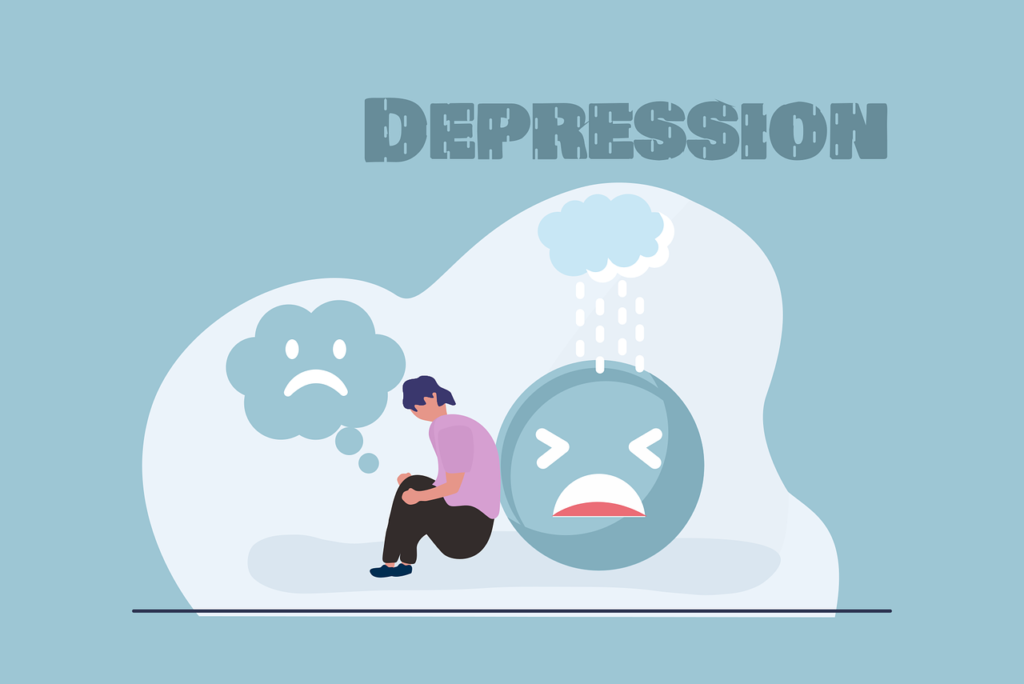
Everyone experience sadness at time but depression is something more it can be treatable buy combination of therapy and antidepressant medicines can help to recovery.
Types Of depression
Major depression
Major depresses disorder is also known now as major depression, clinical depression, or unipolar depression. The term unipolar refers to the presence of one pole, or one extreme of the process mood. The key factor of this disorder is the length of the depressive process episode. Generally people use the term depression to describe the temporary sadness, loneliness, or blues that everyone feel from time to time.
In the contrast to normal sadness, server depression is a medical illness that involve the mind and body. Depression can dramatically impair a person’s ability to function in social situations and at work. Different people are affected with different ways by major depression.
Symptoms of major depression
- Continuous sad depressed anxious or irritable mood.
- Feeling of hopelessness worthlessness or guilt.
- Suicidal thoughts and actions.
- Change in aptitude and sleeping pattern.
- Loss of interest in normal activities or hobbies.
- Memory loss of difficult decision making.
- Insomnia
Diagnostic criteria of Major depression
Five or more of the previous symptoms has represented continuously most of the time for more than two weeks. The term major depressive merely means the episode of depression is series enough to require treatment. It is marked by far more several symptoms such as literally being unable to drag someone out of bed.
It can caused by traumatic event or a series of events during their life. Also It is develops when chemistry of the brain start to malfunction. The neurotransmitters, norepinephrine, serotonin, and dopamine are unbalanced in people who suffer from major depression.
Bipolar depression
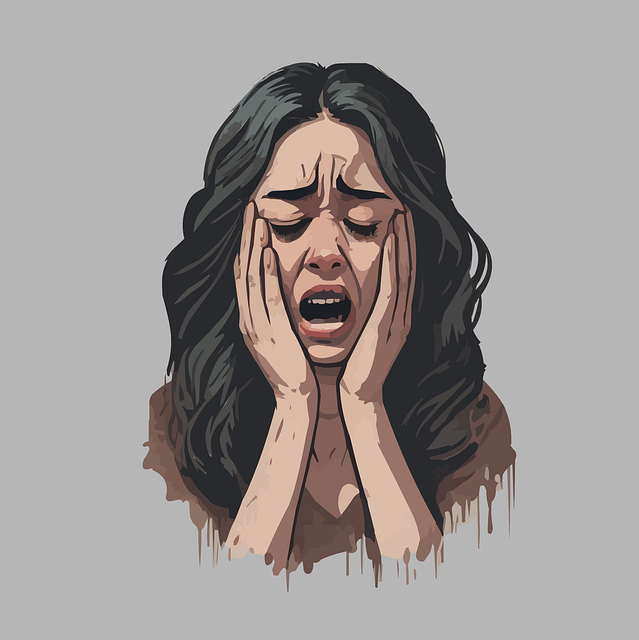
Bipolar depression is characterized by alternating period of mania and depression. At some time called many depressive disorder. This condition is characterized by mood that changes between two emotional boundaries, or poles. Between the mood swings there are periods when a person mood is quite normal. The cycle of this disorder may be different for each person. Often times a person may first experience depression. Than depression may be replace with mania symptoms and the cycle between depression and mania may continue for days, weeks or month.
Symptoms of bipolar disorders
- Sadness and crying spells are common
- Sleep too much
- Change in aptitude
- Withdrawal from friends
- Chronic pain
- Poor performance at work places or school.
- Problem concentrating
- Loss of interest in daily activities.
- Distracted by unimportant important things.
- Suicidal thoughts.
Diagnostic criteria of bipolar disorders
The person must have experience at least 5 of the nine symptoms about for the same to we more for most of the time almost every day and this is a change his or her prior level of functioning. The person symptoms do not indicate a mixed episode.
Dysthymic depression disorder
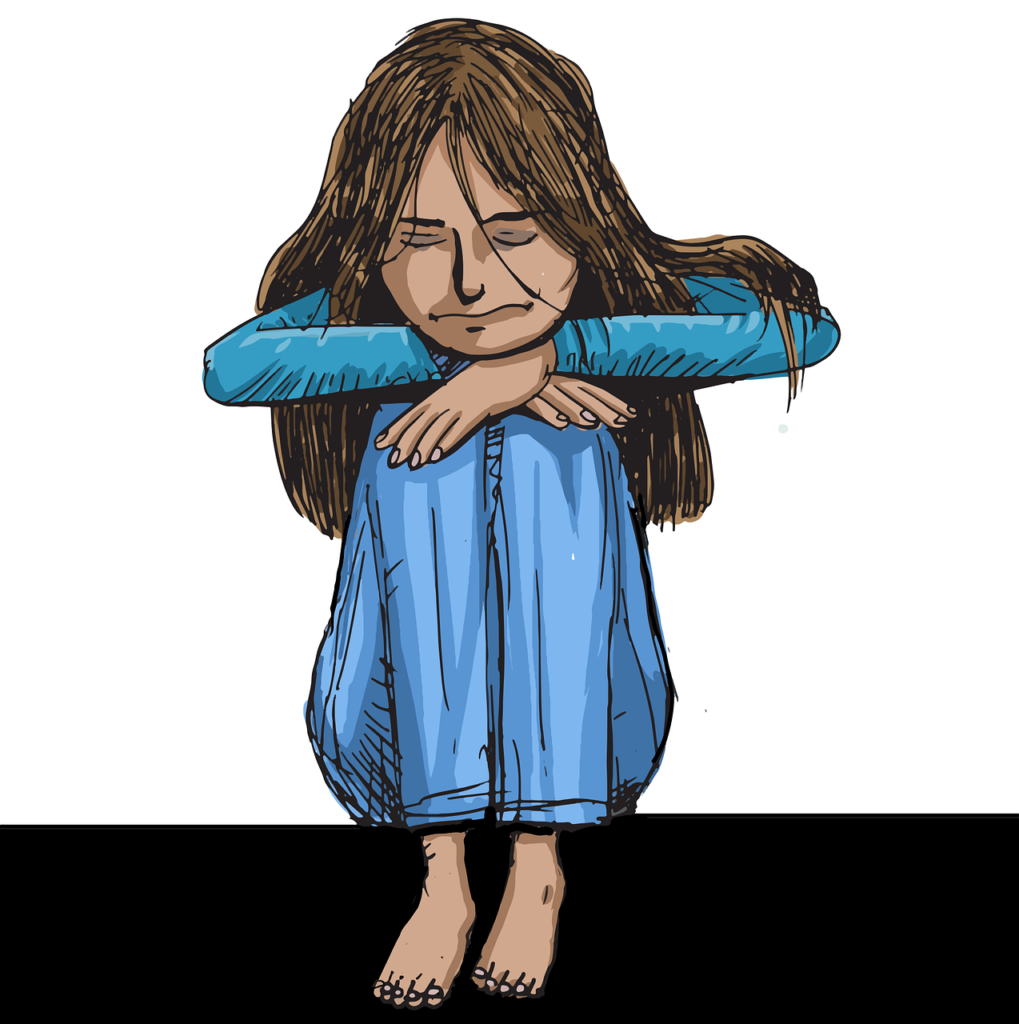
The term come from Greek words dus, “bad” and thymus, “sprit”. In dysthymia people feel depressed, have low self-esteem, and concentrate poorly most of the time often for a period of years but their symptoms are milder than in major depression. Some people with dysthymia experience occasional episodes of major depression. People with dysthymia generally experience little or no joy in their lives. The individual Unable to remember a time when he felt happy, excited or inspired. It may seem as if he been depressed all his life. He mostly has a hard time enjoying things and having fun.
Symptoms of dysthymic depression
- Inactive or withdrawn
- Worry frequently
- Feel guilty
- Slow
- Difficulty sleeping regular
- Irritable
Diagnostic criteria of dysthymic disorder
A person has depressed mood for most the time almost every day for at least 2 years. Children and adolescence may have irritable mood, and the time frame is at least one year. While depressed a person experience at least two of the following symptoms
- Either over thinking a lake of appetite.
- Sleeping too much or having difficulty sleeping.
- Lake of energy, fatigue.
- Difficulty with concentration or decision making.
- Feeling hopeless.
Cyclothymic depressive disorder
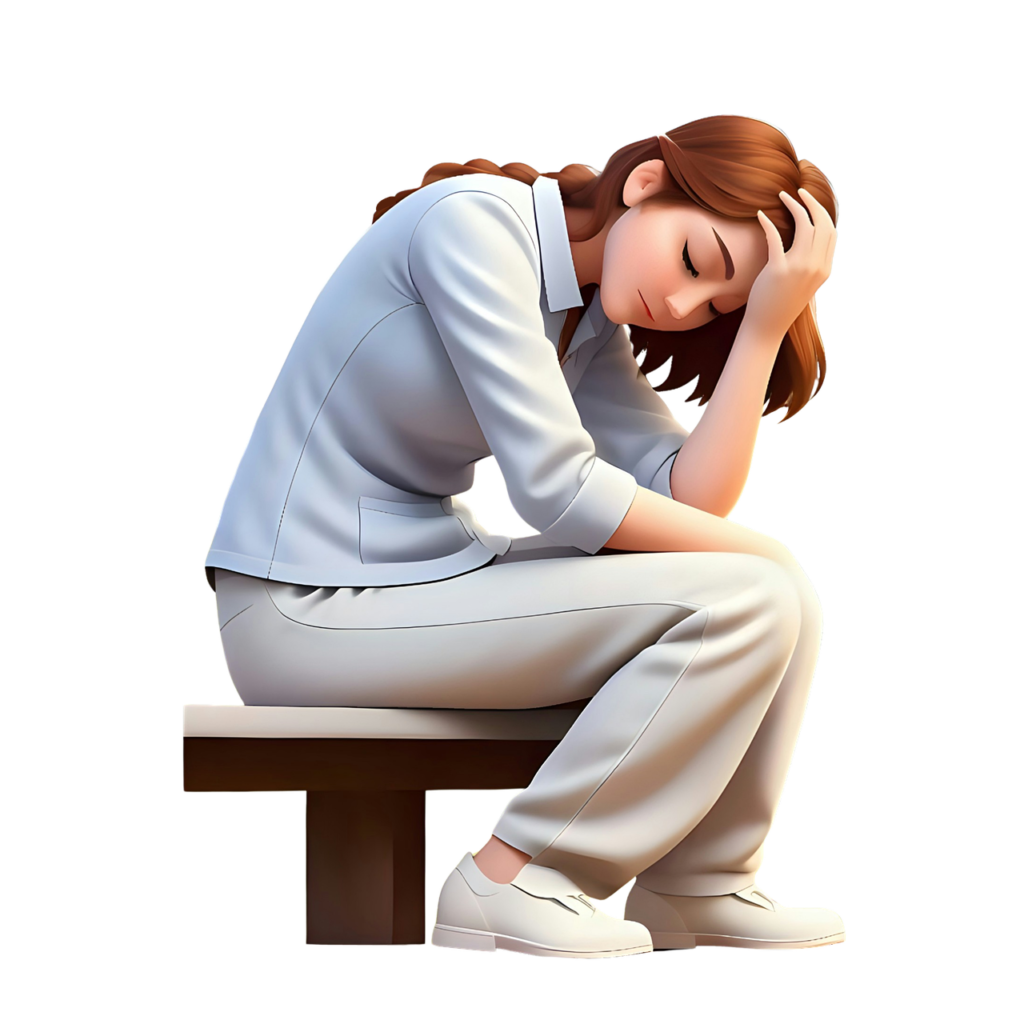
Cyclothymia is a mood depressive disorder in which one experiences recurrent mood disturbance between hypomania and dysthymic mood it can be said a milder yet more lasting type of bipolar disorder. It consist of short periods of mild depression and hypomania separated by short period of normal mood for at least two years a person will have experienced many periods of hypomanic symptoms. It can completely disrupt the life of an individual and create personal confusion and pain.
Symptoms of Cyclothymia
- Emotional reactivity
- Restlessness
- Fatigue or low energy
- Difficulty concentrating
- Impulsivity
- Mood swings
- Psycho motor agitation
- Difficulty maintaining relationships
Diagnostic criteria of Cyclothymia disorder
For at least 2 years, the presence of numerous periods with hypomanic symptoms and numerous periods with depressive symptoms.
- In children and adolescents, the duration must be at least 1 year.
- No major depressive episode, manic episode, or mixed episode has been present during the first 2 years of the disturbance.
- The symptoms are not better announced for by schizoaffective disorder, are not superimposed on schizophrenia, psychotic disorder not otherwise specified.
- The symptoms are not due to the direct physiological effects of a substance or a general medical condition.
Depression signs and symptoms on age
Depression is not affect everyone the same way. As a result, the signs of depression can vary Trusted Source depending on a person’s age.
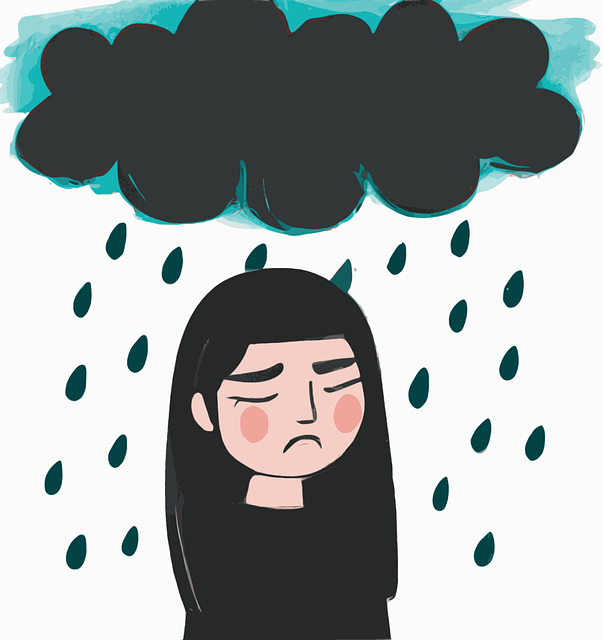
Young children
- present as cranky or anxious
- pretend to be sick
- cling to a parent
- refuse to go to school
- worry that a parent may die
Older children
- feel restless
- get into trouble at school
- sulk
- become easily frustrated
- have low self-esteem
- experience excessive sleepiness
Young adults
- have other mood disorders, such as generalized anxiety
- be irritable
- complain of weight gain
- have a negative view of life and the future
- experience excessive sleepiness
Middle-aged adults may have:
- more depressive episodes
- decreased libido
- digestive issues, such as diarrhea
- insomnia
Older adults may have symptoms that are less obvious.
- feel a lack of emotions
- experience sadness or grief
- have conditions that cause pain and contribute to depression
- have trouble concentrating
A person should consider talking to a mental health professional if they suspect that they or a loved one may be showing signs of depression.
Conclusion
Depression is complex disorder. The individual in trauma, continuous anxiety and stress cause depression. It can recover by professional help and proper treatment. Depressed person affected with low self-esteem, insomnia, sadness, severe mood swings and hopelessness. The individual love to live in darkness. Not enjoying the moment, withdrawal from friends and family. Depression is caused by the combination of genetics, environmental factors and substance abuse. By understanding the Diagnostic criteria, assessment tool and strategies used to diagnose depression.

